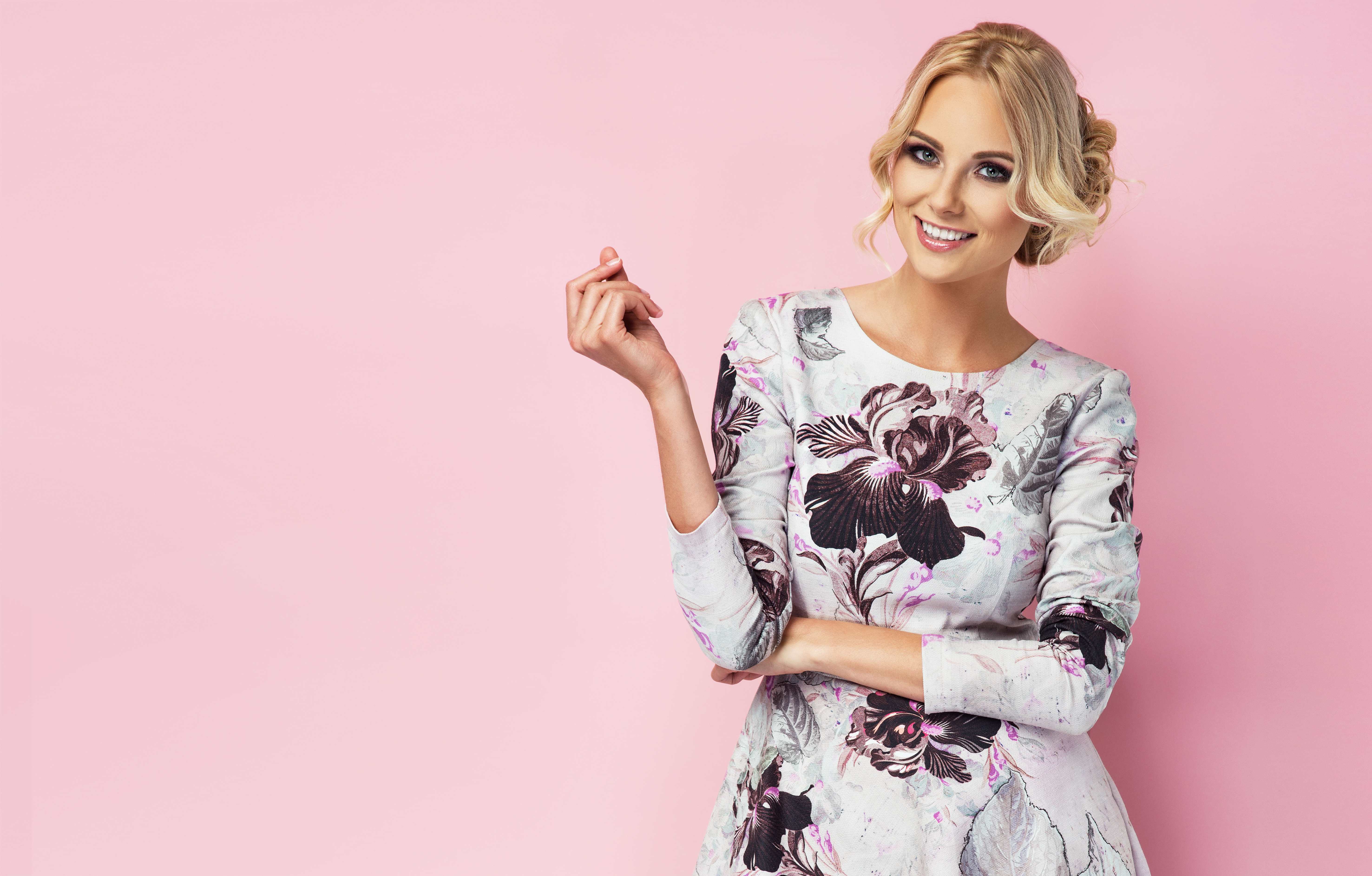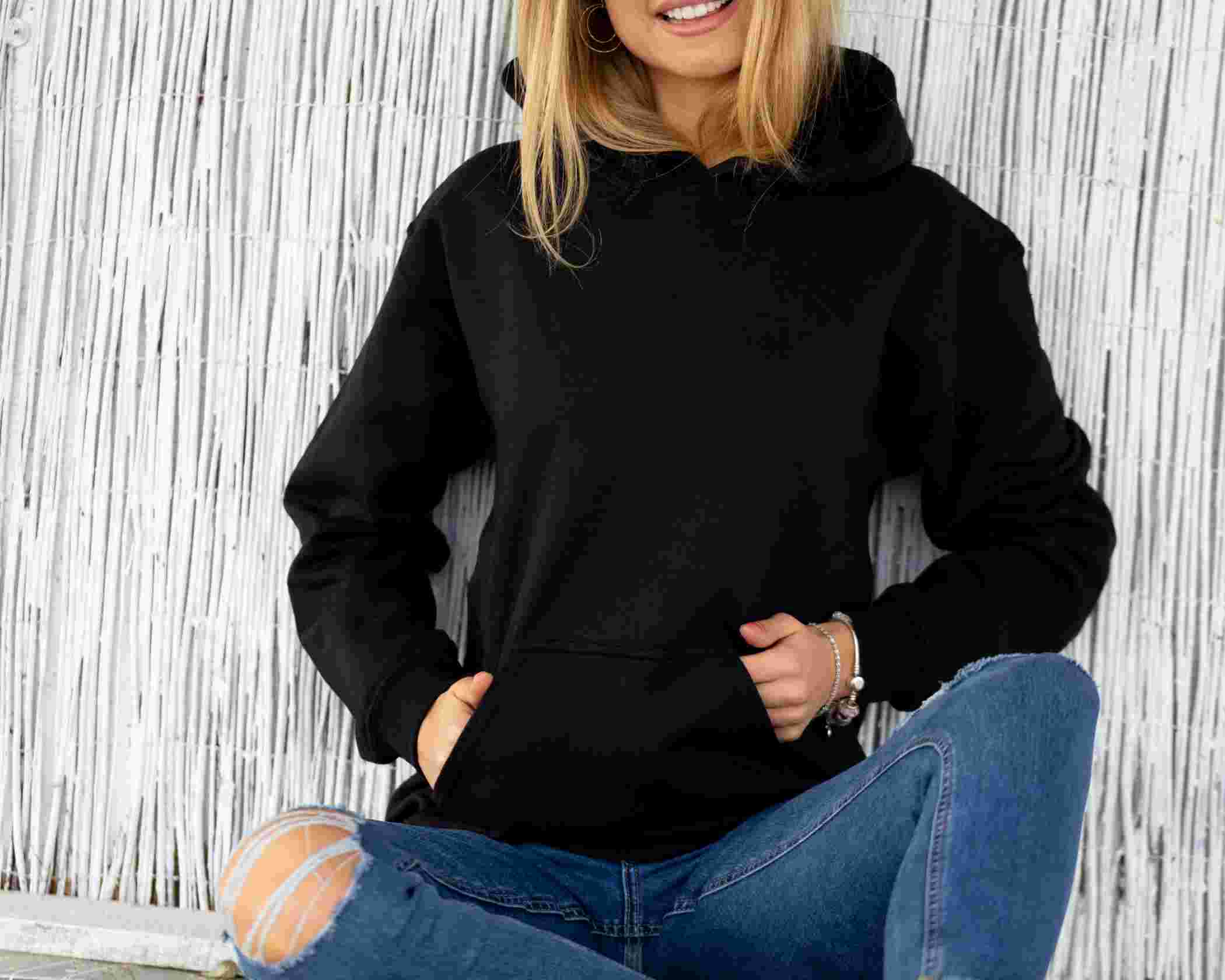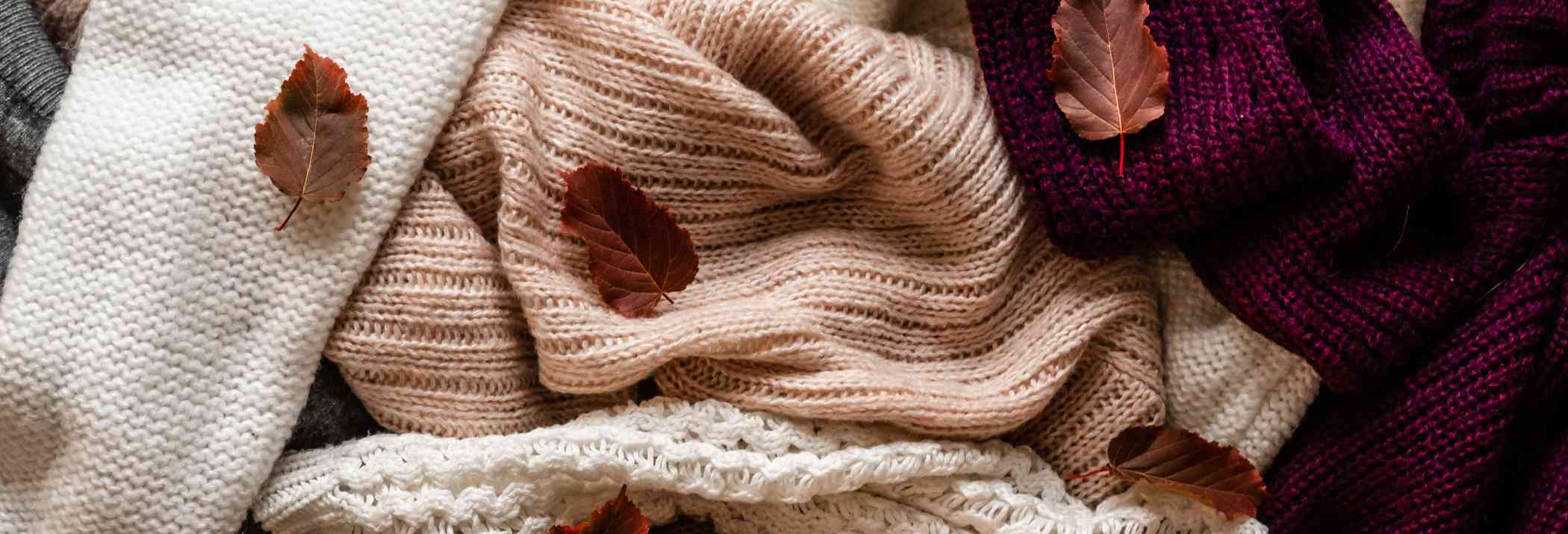Denim Dream: Weaving 80s style into current fashion

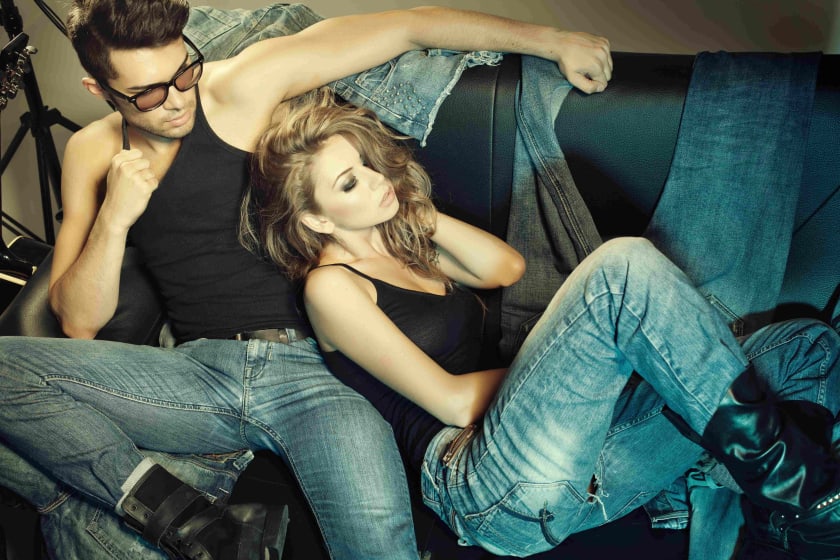

Summary: Denim has failed to fall out of favor among global customers almost two centuries after it was invented. That goes to showcase the circularity of fashion and expression. 80s denim fashion still serves as a basic guideline for newer denim styles to be built upon, and that is precisely what this article will explore: how denim fashion has evolved in character and expression.
The rugged blue is as globally iconic as probably Netflix or more, but its USP is that it has been around for almost two centuries now. With that, let's embark on the denim journey from the 1980s until now.
While denim was originally founded by Levi Strauss in 1853, it was first put to use by tailor Jacob W. Davis for making tents, wagon covers, and blankets. Soon after, he received a special order to create something new—specifically, a new pair of trousers suited for hard work.
Since then, there's been no looking back.
While male stars like Elvis Presley, Marlon Brando, and James Dean shot to popularity as "bad boys" in denim in the 1940s and 1950s, it was the soldiers in WW2 who spread the denim jeans legacy outside the USA when they were stationed across Europe and Japan.
As denim swept America and the world, it was the 1980s that decoded the true potential of denim by exploring this symbol of "rebel without a cause."
Let's understand how 80s denim fashion still fares high on the list of designers' inspirations, even today, to explore the scope of creativity with denim.
Denim-on-denim
The era of "more-is-more" is back, with denim featuring across rugged ensembles. In the 80s, it was a trend to pair denim upper garments with lowers. It could be a simple combination of denim jackets on top of shirts or t-shirts with a pair of denim jeans. The simple fad has been tweaked and improved with head-to-toe denim that can include anything from layers to single pieces, stitched as per the design sought. Trench coats, power suits, denim blazers and pants, and more would also feature in this segment.
Baggy Jeans
The symbol of rebellious casual believed in freedom of movement, and baggy jeans were, therefore, a big deal. Baggy jeans were more relaxed in the past, lacking distinct shape in most cases, other than the body's that they graced. Today's baggy jeans are more shapely, coming mostly in the high waist range with subsequent flared or bell-bottom ends. This attire allows a variety of garments to be coupled with it, like crop tops, jumpers, bomber jackets, tucked t-shirts, tucked broad-necked shirts, cardigans, and more.
Denim Dresses and Overalls

Denim dresses and overalls were quite popular back in the day. And now, the 80s denim fashion craze has slowly and boldly crept back in. A-line denim dresses, off-shoulder silhouettes, noodle strap denim slip-ons, breezy denim maxi dresses, and various other styles are finding exposure on runways and in closets. The country-chic element of overalls is also making a more casual comeback as daily casual wear and faux athleisure to complement Bruno Mars' Lazy Song.
Patchwork Denim
Patchwork denim is a tough choice to substantiate stereotypically. But the uniqueness of the patchwork on denim is indeed what determines its value. The patchwork may be abstract or symmetric. The patchwork may be a differentiation of color gradients on certain segments based on acid-wash treatment. The patchwork, which would ideally involve denim layering, has taken a more varied form today. It may include anything from painting to stitched emblems and logs to quirky and colorful designs on the denim. The patchworks find expression across a variety of garments like jeans, jackets, overalls, shorts, skirts, dresses, and more.
Denim Jackets
Denim jackets are as classy today as the day they were invented, if not more. A key fragment of 80s denim fashion was the mighty denim jacket, an icon for ruggedness, strength, confidence, and authority. The same "anti-establishment" look has found a plethora of equally cool counterparts in other designs. Relaxed denim jackets, cropped denim jackets, denim blazers, and more in 2022 stand testament to the never-extinguishing craze for denim jackets through the centuries.
Denim Dearest
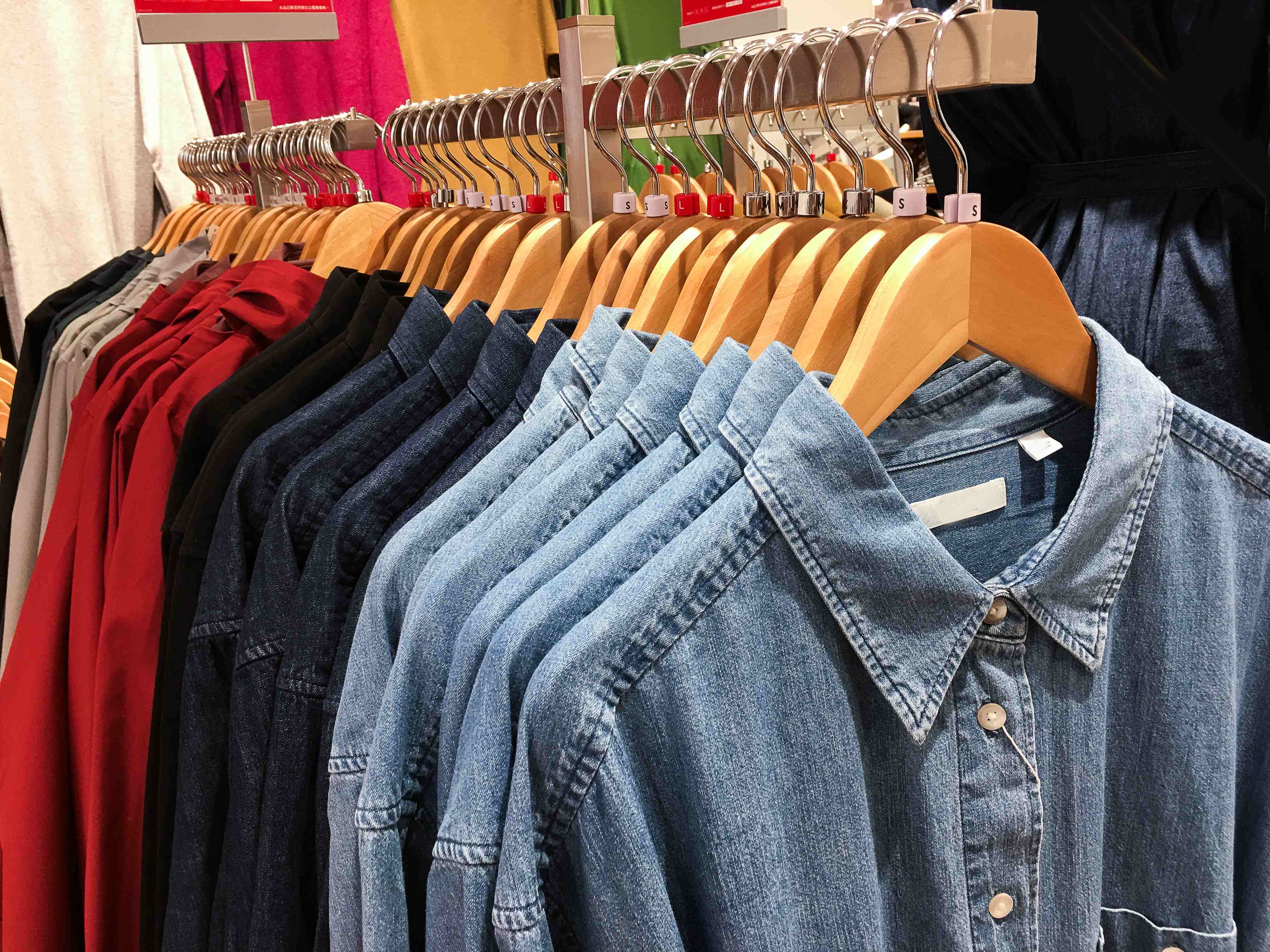
Denim has been the loudest rage in the history of fashion, and fuel will keep it going for the foreseeable future. Such is the versatility of denim that even though it's changed forms over the years, the fabric has only become dearer to customers globally for its unique offering. From the original blue, denim has now spun the color wheel with gusto to explore the boundaries of denim in shades of pastel, white, black, gray, dark navy, and more. This substantially proves that love for denim in the 21st century is still as strong as it was in the 1980s.
Key Takeaways
- Denim promoted an air of casual grit and confidence and fed the rebellious mood of the 80s.
- 80s denim fashion was an era of exploration with various styles, garments, color tones, and shapes to better understand the vast demographic that it catered to.
- Denim's versatility spans decades and countries alike and is a unique offering that has yet to lose its sheen.Explore the various denim dreams that you can realize with your brand if you choose Fashinza.
Check out 80s Denim Fashion trends at Fashinza















